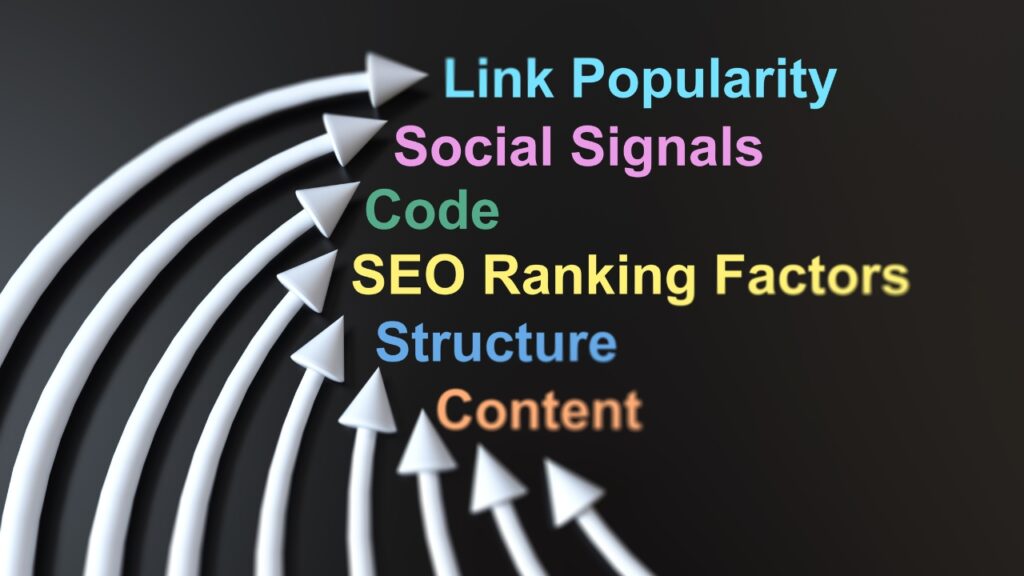
7 Outdated SEO Tactics You Should Stop Using (and What to Do Instead for Better Results)
October 13, 2024

Keywords Stuffing
Some content writers and marketers still fall into the SEO trap of believing that stuffing a keyword and variants into an article as many times as possible would increase their chances of ranking.
But Google aggressively hides articles like these in search results, hence you will discover less of them nowadays. While keyword-stuffed pieces may be theoretically relevant, modern search algorithms provide viewers actual value and rank relevant and quality material first.
The issue comes in giving traffic top priority above quality. Many out-of-date SEO techniques center this idea, in which case content authors concentrate more on producing clicks than providing relevant information.

Apply Unedited AI Content
Though ideas on how artificial intelligence should be used in marketing may differ, one cannot dispute that it has streamlined content development. For example, why spend hours crafting a post about fire pit tables when ChatGPT allows you to rapidly produce a 750-word article? The issue is that unedited AI-generated material is often lacking. These instruments still find it difficult to generate long-form materials that are genuinely original, relevant, practical, and—above all—human without major direction and polish.
You can raise the production of AI like ChatGPT with enough tuning, but if you rely just on it to provide interesting material you will most certainly fall short. Google’s E-E-A-T quality criteria stress material from reliable writers with intimate knowledge of the subject.
Particularly for chores like brainstorming ideas, building outlines, and data analysis, artificial intelligence may be a great tool in your marketing toolbox. Don’t treat it, though, as a replacement for a talented writer who can create interesting, top-notch material that will score well.
Outsourced Content Creation
Though the introduction of AI Overviews has partly muddled this message, Google’s E-E-A-T rules stress that material from reliable, competent experts should be given top priority in search results.
This does not mean that, as a roofing firm, you have to recruit advanced degree holders in roofing systems to manage your materials. That does mean, though, that your content authors should be reputable and have a strong grasp of the subject, or at least be informed about the particular issues they are addressing.
Outsourcing content to inexperienced authors runs the risk of producing material more for volume than quality, which Google especially recommends against. Maintaining quality control also gets difficult when certain fast churned-out postings lack actual expertise or experience.
This does not imply you should not include outsourcing of materials into your plan. It simply implies you should be picky, selecting writers or businesses with industry-specific demonstrated knowledge.
Writing Pages for Every Variation of a Keyword
Early on in search engine development, Google’s algorithm found it difficult to interpret sophisticated search requests. If you were looking for dog food, for example, you may have looked for basic terms like “dog food” or “dog food near me.”
But inquiries nowadays are increasingly targeted, such “What is the best natural dog food for my Alaskan Malamute?” Google not only knows this complicated question but also will produce rather pertinent answers. People search differently as the algorithm has developed; consumers now want exact responses to thorough inquiries.
The previous habit of building several sites to target little changes of the same keyword is now obsolete for SEOs and digital marketers. The search intention is basically the same, hence you no longer need separate sites for “dog food” and “food for dogs.”
Targeting with a separate page might be worth it, though, if a related term shows distinct results from your primary keyword and has a strong search traffic. Generally speaking, though, Google can understand that people searching with somewhat different phrases are seeking the same content.
Not sure whether a variant on a term calls for its own page? Just Google it to find if the results differ.

Leveraging Non-Granular Keyword and Domain Data
SEO is more competitive than it has ever been. The days of rapidly creating a blog article aiming at a generic keyword, including some internal links, and effortlessly ranking on page one are long gone. More companies are spending in SEO, so if you want search engine traffic, you must have a data-driven strategy.
You have to probe more into the data if you want to remain competitive. for least this entails knowing the monthly search volume and keyword difficulty—that is, degree of competition—of the keywords you are aiming for. Ideally, you should look for keywords with a reasonable search volume but not so competitive that ranking for them almost becomes impossible.
Use SEO tools to find insights like the quantity of backlinks current top-ranking sites have—since Google generally prefers material with more backlinks—for more successful keyword research. Look also at the domain authority of the pages you will be vying against and other important indicators that will enable you to hone your keyword approach.
As a contemporary SEO, pushing beyond broad, generic data and concentrating on more particular, granular insights can ultimately help you to be successful.
Purchase Links
This issue may be really complex. If you have ever experimented with outreach to create backlinks, you are aware that this is a difficult procedure with somewhat poor success rate. Purchasing guest posts or backlinks from providers is far simpler. Though Google does demand that such connections be marked appropriately, buying backlinks is not specifically against Google’s policies against what many assume.
We usually counsel against purchasing links, though, as it’s difficult to guarantee their legitimacy and quality. Rather, concentrate on naturally obtaining backlinks by producing top-notch, linkable material and forwarding it to pertinent websites.
Whatever your method of obtaining them, steer clear of chasing spammy or irrelevant connections only to increase page authority. For example, obtaining a connection to your healthcare website from a toilet-selling website is unlikely to improve your rankings and may possibly work negatively.
This is a basic guideline: seek a backlink if a visitor of a web page would actually find value in clicking a link to your site.
Commenting Spamming Using Links
Early days of SEO, webmasters would frequently flood comment sections, forums, and discussion boards with their website links to give the impression of many backlinks. Google soon saw, therefore, that this was an exploitative behavior. The search engine responded by changing its algorithm to eliminate these kinds of links while computing ranking authority. Spamming comment areas with your links nowadays will not improve your search results.
Having said that, you should not completely refrain from expressing opinions. Emphasize the ideas of quality over numbers. Be practical, pertinent, and really help the conversation. Although linking links in comments won’t immediately improve your results, if you contribute value and interact meaningfully you may still drive referral traffic and raise brand awareness—both of which can help your more general SEO approach.
Share this post